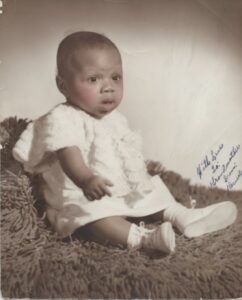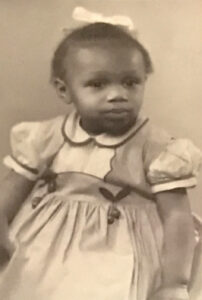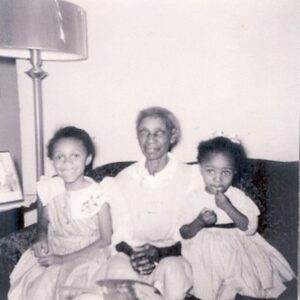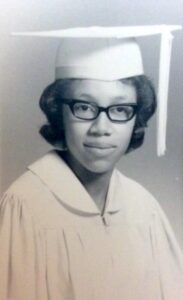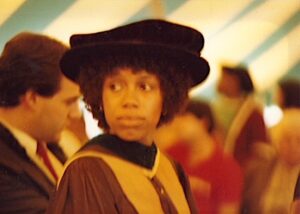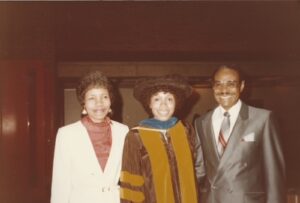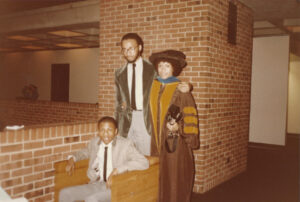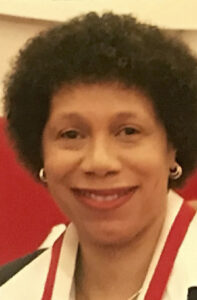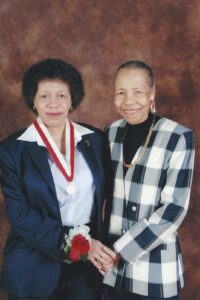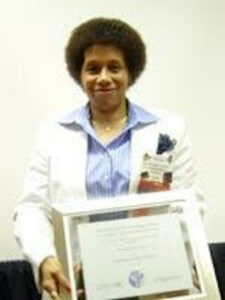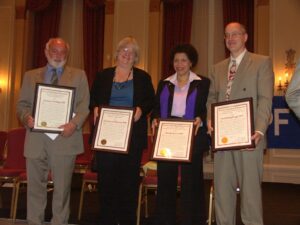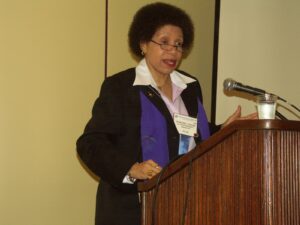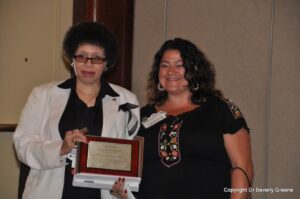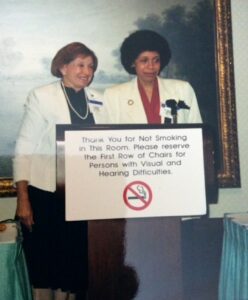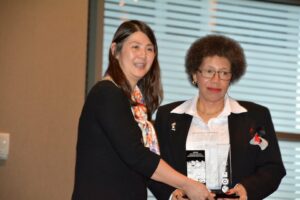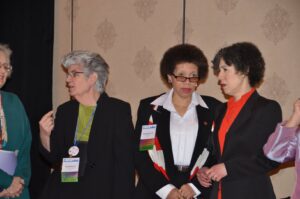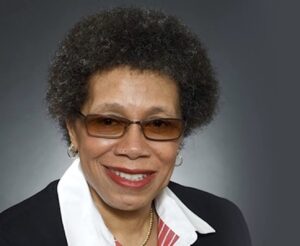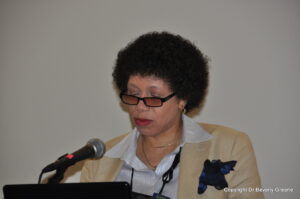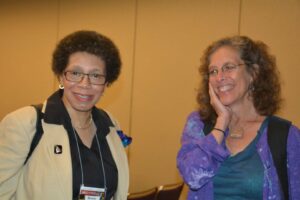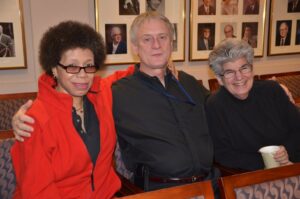Beverly Greene was born in 1950 in East Orange, New Jersey. She grew up in a multi-generational household within a close-knit local community; she describes her neighborhood as a place where “there were no restrictions on what you could be or what you might do.” Her father, a carpenter, and her mother, a paralegal, believed strongly in the importance of learning and education, a value they instilled into their four children.
Beverly grew up surrounded by role models, and she developed a profound sense of self-agency early on in life. For example, after encountering the deep-rooted racism of the South on a family vacation, ten-year-old Beverly swore she’d never return; despite her familial ties to the region, she upheld her vow for nearly three decades. Similarly, after receiving surgery on a brain tumor after her first year of graduate school, Beverly came out to her parents as a lesbian. When met with questions about conversion therapy and doubts about her career, her strong sense of self prevailed. She responded simply: “Whatever goes on in my profession, it’ll have to be with me as who I am.”
Beverly received her Ph.D. in Clinical Psychology from the Derner Institute of Adelphi University. Her work concentrates on marginalization and the intersectionality of social identities, including race, sex, and sexual orientation. She has been a member of the editorial boards for several scholarly journals and has authored close to 100 publications in the field of psychological literature. She is also the recipient of numerous national awards. Beverly remains actively involved in her field, fulfilling roles as a scholar, clinical psychologist, and professor in the Department of Psychology at St. John’s University.
Beverly is accomplished, passionate, and candid. Her interview is brimming with insights, from her thoughts on the impact of race on the way queer people navigate the world, to her belief in the cyclical, nonlinear nature of social progress. She speaks about the reasons she values her career in psychology and about how she considers her work to be a form of activism. As Beverly says in her interview, “The future hasn’t been written and the last word hasn’t been said, and that’s why everything we do in the present is important.” Consider taking this present moment to step into the captivating life story of Beverly Greene.

